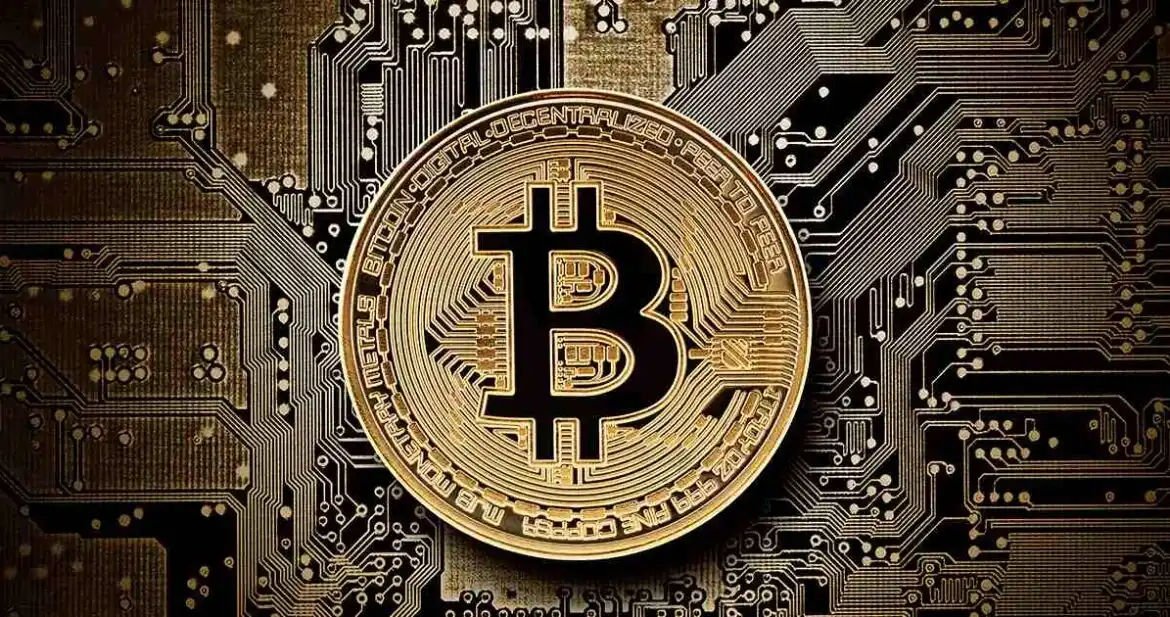Digital currency is any currency that’s available exclusively in electronic form. And it has the potential to completely change how society interacts. How is changing our lives?
Over time the way we exchange goods and services for something that will generate value. In this way our ancestors exchanged grains, legumes, vegetables and even milk or eggs among themselves. And to meet their food needs and in a way helps them to have a kind of “varied diet”.
But, with the passage of time began the first means of exchange of money for new goods and services. And thus the multiple coins and banknotes around the world were taking a significant value in the market. Then gave way to debit and credit cards and therefore institutions such as banks and institutions such as Mastercard, Visa, American Express, Swift and others. Were strengthening power and thus were centralizing and / or manipulating the money, operations, customers, at the same time that we charge different fees for making deposits of money between banks around the world.

However, the world has changed again.Today we are talking about digital currencies. Where it seems that some countries around the world have more advantages and advances than others. Such as China with the Digital Yuan.
The new generations are much more attached to technology and such a change would probably be very natural for them. As they might think that it would make their life much simpler. Without having to carry a wallet with 5 or even 10 or more physical cards. Because they would be able to have everything on their cell phone.
The future of digital currency
But what about the older generations, would they be so easy to join? and what about the underdeveloped countries and the 1.7 billion unbanked adults in 2018 worldwide? and the population that has difficult access to internet or cell phone? would they be left out? what would happen if there is a failure in the system or electricity or internet, would we not be able to trade?
There are many questions about this issue that we do not have all the answers to, but what we do know is that currently more than 2000 types of cryptocurrencies have emerged by January 2020 that use the blockchain as a primary basis and that work in a decentralized manner, without a third party to oversee transactions, and that more and more people, companies and even banks themselves are moving towards this new type of digital currency in their own way.
Types of currencies that exist
- Cryptocurrencies: based on blockchain, they allow transactions based on some type of cryptocurrency. Example: Bitcoin, Litecoin, Monero, Dash and Zcash
- Stablecoins: are digital tokens that are linked to a specific asset, such as the dollar or other currencies. It is used as a basic medium of exchange for market entry and to facilitate transactions between the digital and physical world. Example: Nationals, USD Coin, Gemini dollar and TrustToken
- Consortium Stablecoins (Consortium Stablecoins): like the above, they are asset-backed, but these are issued by groups rather than individual organizations. Example: Facebook pound
- Corporate currencies: used primarily for business-to-business transfers, they leverage the speed and efficiency of the blockchain, but retain control over the network and the ability to enforce restrictions. They provide pre-approved access to participants, giving assurance of network legitimacy. Example: JPM Coin, Walmart, Amazon and Rakuten
- Central Bank Digital Currencies (CBDC): issued by a central bank, intended to serve as legal tender because they are pegged to existing banknotes and offer a risk-free alternative to private bank deposits. Example: Digital Yuan

Digital currency in banking
Given what we have seen of how the growth of cryptocurrencies has been presented and that there are even central banks that are taking the step towards the digitization of their currencies, I can only think that we are getting closer and closer to that great moment where globally we move to a 100% digital currency and forget the days of banknotes, physical coins and credit cards.
Perhaps, the road will not be as fast as we would like, due to the paradoxes of the matter and the hundreds of questions that still exist on this subject, but I am sure that we will evolve and perhaps it will be much more natural than we imagined.
Learn more about Interfaz and its services in technologies.
Resources: El País (2019), “Present and future of digital currencies” | Boston Consulting Group, BCG (2020), “Get Ready for the Future of Money” | nvestopedia (2020), “The 10 Most Important Cryptocurrencies Other Than Bitcoin” | Unseen Fortunes (2020), “US – China | How will Chinese Digital Currency Help the Yuan vs Dollar”



Comment
Las criptomonedas nos esta llevando a mundo totalmente distinto en las transacciones, a las generaciones anteriores a la Era Digital, la adaptación de la sociedad debe fortalecerse con políticas claras universales que ayuden a proyectar y conectarnos con generaciones futuras en pro del dinamismo económico / global .